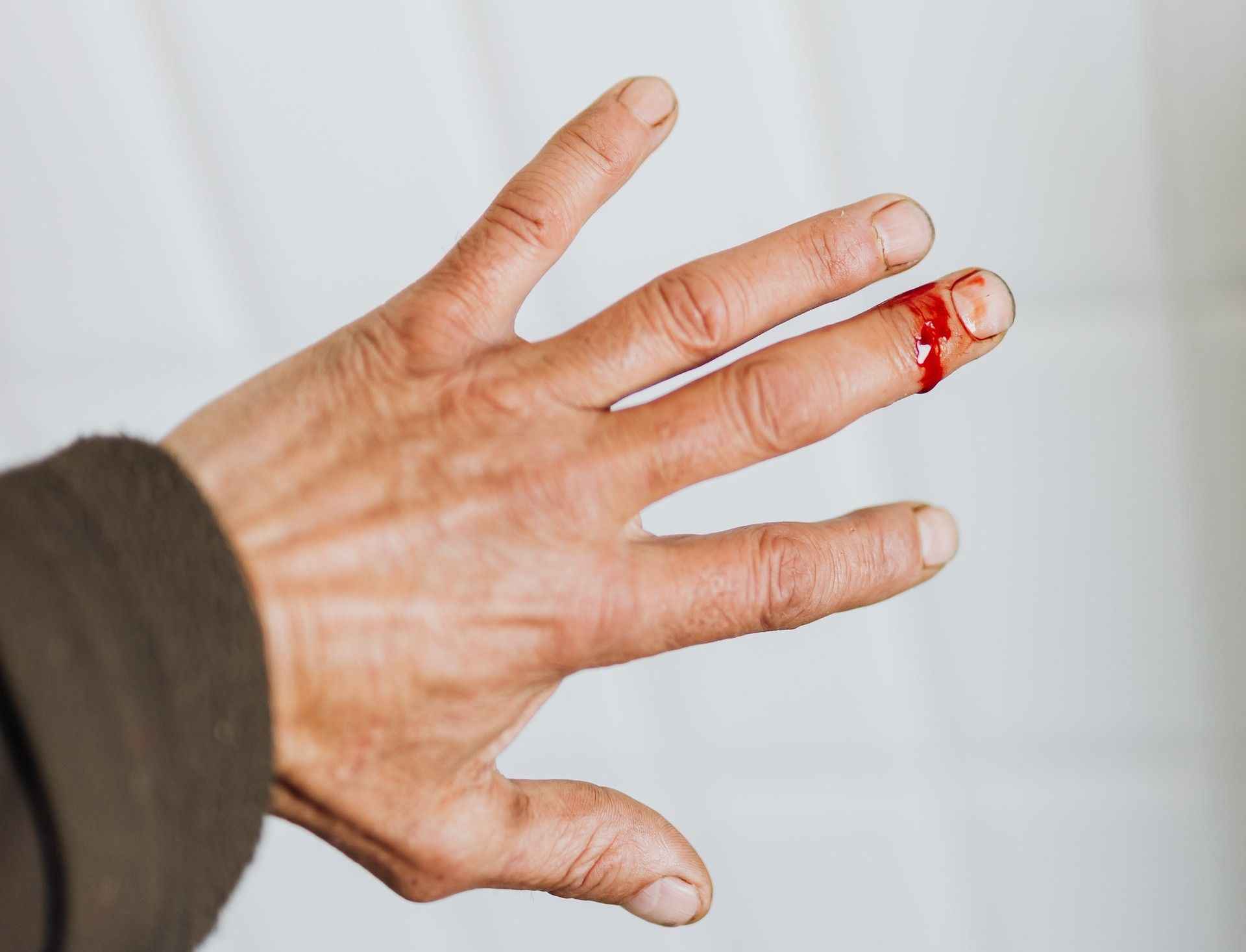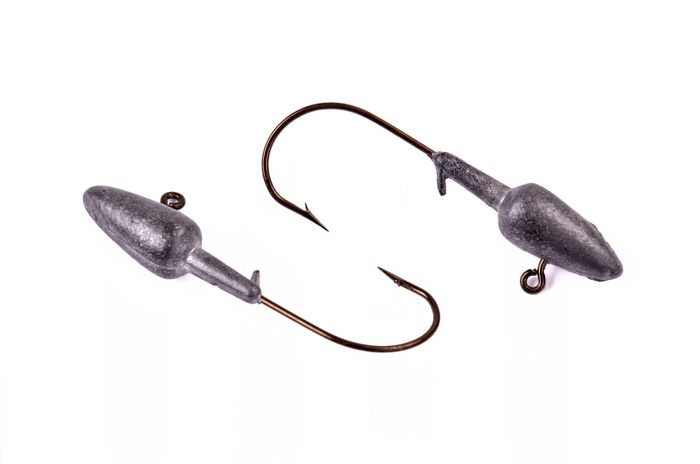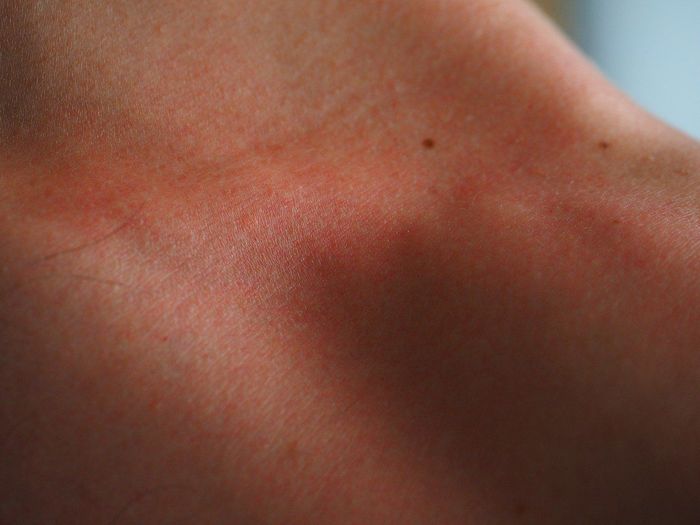How to Prevent Common Fishing Injuries
Fishing is a sport. And with sports, there are fishing injuries. Here are some ways to prevent fishing injuries or how to treat them if you need to.

Fishing is a relaxing activity. Imagine being out on the water, hearing the waves against your boat, enjoying the company of your buddy or yourself, and celebrating a good catch – just hearing about it makes you want to rush to the water.

But just like any sport, fishing is not just all fun. There are still risks involved in fishing as unexpected things can happen. Your day out in the sea or the lake might end up in the emergency room if you are not careful enough.
Listed below are some common fishing injuries and ways on how you can prevent them:

1. Shoulder Injuries
One of the most common fishing injuries happens on the shoulder. After all, it's one of the most active parts of the body, from casting a line to reeling in a catch.
This injury is centered around the rotator cuff, a sleeve comprising four muscles, and is associated or connected to tendons on the shoulder. Shoulder injuries happen when these muscles are stretched out or overused, mostly when the arm is raised upwards rather than the side. Something that most anglers do.
Shoulder injuries can happen in an instant, especially when you cast in the wrong form. It can also occur through wear and tear of muscles for the constant raising of the arm upward.
To prevent shoulder injuries, make sure to cast in the correct form. If possible, cast your line from the side and not overhead. Instead of using your shoulder's strength to swing the rod back and sweep forward, use your arm's power instead. Further, to avoid rotator cuff degeneration, consult a physical therapist on proper shoulder strengthening exercises that you can do at home.
2. Overuse Injuries
In relation to shoulder injury, the other parts of your body can suffer from overuse. Just like other athletes who experience rotator cuff tendinitis, ligament tears, or tennis elbow, anglers are prone to overuse injuries, too. These injuries can happen because of the repetitive motion in the arm when casting or reeling a fish.
This injury is more common to regular fishers. To prevent this from happening, it would be best to keep yourself physically fit and healthy. Doing the right exercises can strengthen your muscles in the shoulder and forearm.

3. Fish Hook Injuries
Fish hook injuries can happen while you are trying to unhook a fish, while you are backcasting or barefoot in the boat or the dock.

To prevent fish hook injuries, have a container that can hold your tackle equipment. Make sure the box has a cover on it. When you change your lures, place the old lure into the container and not anywhere else in the boat. This way, you can avoid sitting or stepping on it.
When trying to unhook a fish, it is advised that you use needle nose pliers instead of using your fingers. This is safer and can help you prevent getting some injuries.
Another way to prevent fish hook injuries is to ensure that no one is in front of you or behind you when casting.
Lastly, always make sure that you have a first aid kit with you on the boat. Never leave the shore without it. Always have some bandages and antiseptic on it, so you dress your injury to stop the bleeding.
4. Cuts from Fins and Fish Bites
Fishers are prone to cuts and fish bites, too. For example, dorsal fins have sharp spines and gills that can cut an angler’s hand. Injury can occur when an angler is bitten by the fish when unhooking it. Usually, fishes like Catfishes and Rockfishes can slice right through your hands.
For you not to be in this situation, it is best to learn how to handle fishes. Different species entail different handling. Species like bass and crappie are best handled by their bottom lips; species with spines in their dorsal and pectoral fins must be handled from beneath; for small fish like sunfish, you can carefully slide your hand over the dorsal fin from front to back.

In an unlikely event that this happens to you, wash your hands thoroughly and cover the wound with a clean bandage. Monitor the wound and if it shows any signs of infection, see a doctor immediately.
5. Sunburn
Thou shall not take sunburn for granted. You might think that this is not a serious problem, but with skin cancer on the rise, you should not take your chances. Being on the water can amplify the heat of the sun. If you get yourself protected on land, you must get yourself protected while in the water, too.
Prevention is simple. You can wear hats, long sleeves, long pants, and apply a generous amount of sunscreen to any exposed skin. Reapply sunscreen when you sweat or after getting wet.
Make fishing a wonderful experience by preventing these risks. You wouldn’t want a beautiful experience to turn into a nightmare because you didn’t prepare enough.
Follow the prevention tips above so when you go to the water, all you’ll bring back with you are memories you will treasure for a lifetime.




